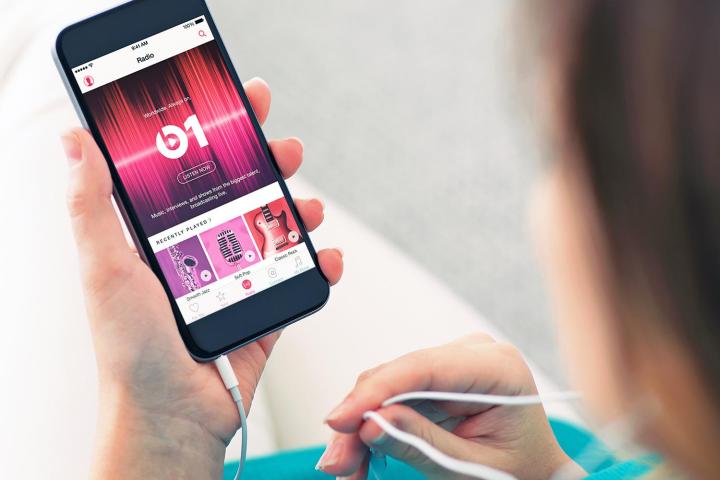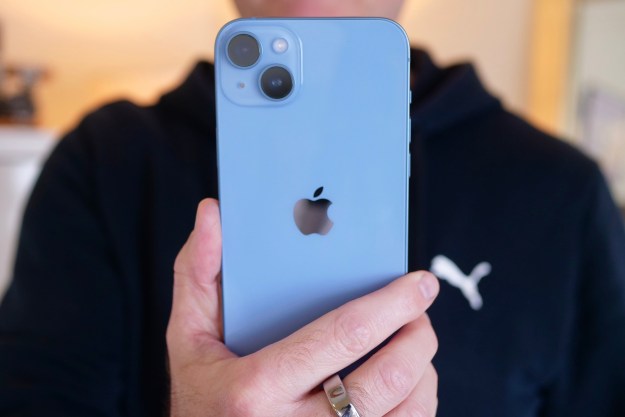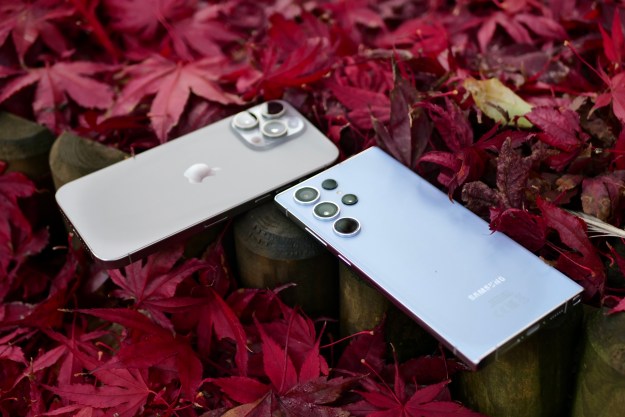
This move is great for Apple, and brings more choice, and the largest music platform in the world, to Android users.
It might not be as significant as the birth of the iPhone or the iPad, but it’s something that was never expected when you consider the disdain that Steve Jobs had for Android and Google. His hatred was so heavy that he declared “thermonuclear war” on
“This move is something Steve Jobs would never have agreed to, but you have to give credit to Tim Cook on this one.”
So why the sudden change? Does this mean the thermonuclear war is over and Apple has embraced Android? Well, yes. In a sense. This is the Tim Cook era now, and it looks like he is willing to share apps, if there is enough benefit for Apple. But we may be ahead of ourselves if we think this truly changes how the company views itself. It’s not like Apple hasn’t done something like this before. Remember iTunes on Windows? It was good for everyone: Windows fans and iTunes fans.
Apple Music is not a core app to iOS like Mail, iMessage, and the Calendar apps. Instead, it’s a new paid streaming service much like Spotify or Pandora — two platforms that are available everywhere. Apple could just simply offer it exclusively to its users like it has always done, but Tim Cook is trying something different. Since 80 percent of the smartphones worldwide are Android, and Apple Music is a pure service offering, why not try to capture additional revenue from those users? It’s a move right out of Google’s playbook. Almost all core Google apps are available on iOS.
Tim Cook is being smart about it, too. While iOS users can use part of the service for free with limited skips, Android users will have to sign up for a monthly subscription (starting at $10 per month) before they can listen to their first song. Apple users even get three free months to try out the full service membership, but it’s unknown if

This move is something Steve Jobs would never have agreed to, but you have to give credit to Tim Cook on this one. It’s bold, but it’s not risky. There is no downside. It’s not like the iOS faithful will now want to jump ship and adopt Android. It’s simply a way to sneak the Apple brand onto
If you’re expecting Apple to launch more apps on Android, don’t hold your breath. While the announcement is a huge step forward, Apple Maps and iMessage probably won’t appear on
Editors' Recommendations
- Worried about the TikTok ban? Here are 5 TikTok alternatives you should use
- Here’s how Apple could change your iPhone forever
- This one thing could make iOS 18 the best iPhone update in years
- The 7 biggest features we expect to see in iOS 18
- 10 reasons you should buy an iPhone in 2024



